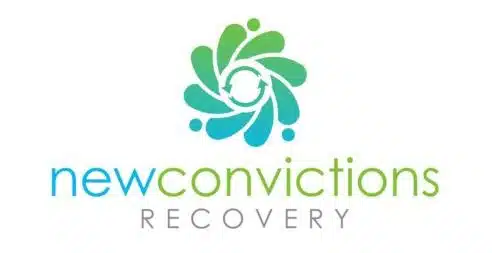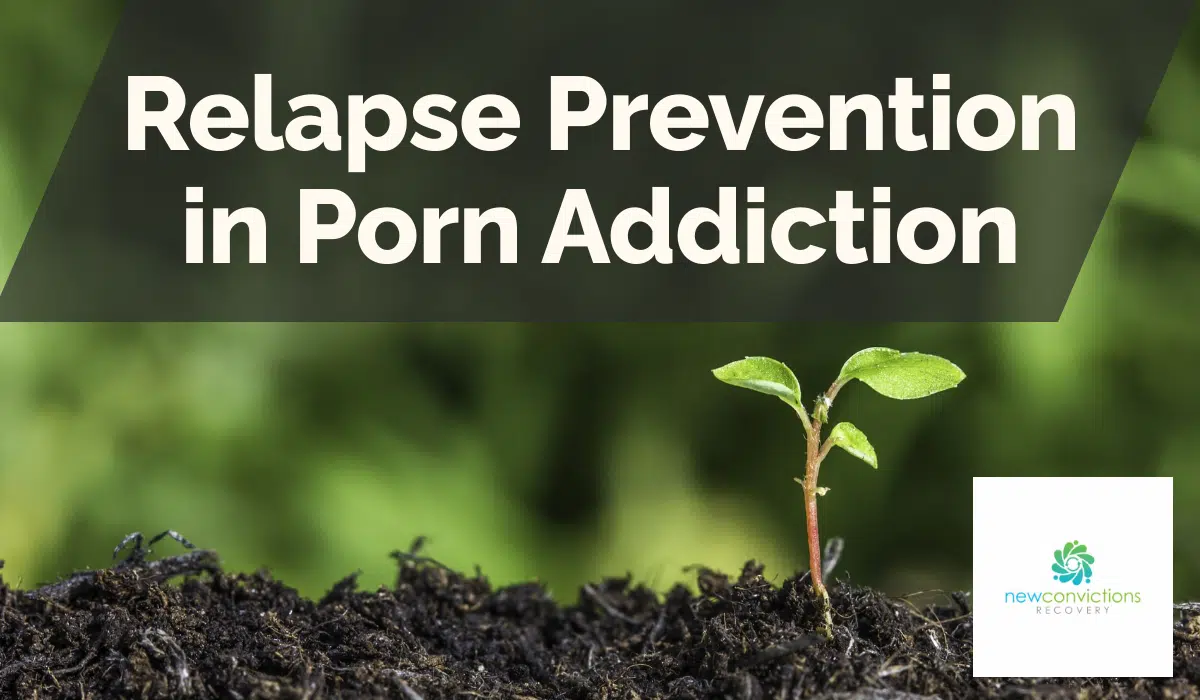Pornography addiction is a serious issue that impacts thousands of individuals and their families. It can lead to problems including broken relationships, financial hardships, and mental health issues. The road to recovery from this addiction is often discouraging due to the constant risk of relapse. However, with the right strategies and tools, it is possible to prevent relapse and stay on the path to recovery. Let’s explore the comprehensive strategies and tools that can safeguard against relapse in pornography addiction.
Understanding Triggers
Identifying the triggers that lead to pornography use is the first step in the journey to recovery. These could include stress, anxiety, loneliness or boredom. Through counseling sessions, a person can learn to understand these triggers and find alternative ways to cope. Rather than using pornography as an escape, the individual can pursue healthier habits such as exercise or hobbies that inspire them.
Creating a Solid Support Network
Another key strategy for preventing relapse is creating a support network of family, friends, and likeminded individuals going through the same journey. Lack of support can often lead to feelings of isolation, thus exacerbating the issue. Therefore, involving loved ones in recovery and participating in support groups can aid in overcoming hurdles and maintaining motivation.
Implementing Healthy Lifestyle Changes
Incorporating healthy lifestyle changes can also help in keeping the addictive behavior at bay. This includes exercise, a balanced diet, adequate sleep, and regular routine. Such changes will not only improve physical health but also enhance mental wellbeing. The better one feels physically and mentally, the easier it will be to resist falling back into addictive behaviors.
Involving Professional Help
Seeking professional help through one-on-one counseling and family therapy is extremely beneficial for recovery. Counselors and therapists can provide tools and techniques to manage addiction and avoid relapse. Family therapy, on the other hand, allows loved ones to understand the struggles and become active participants in the recovery process.
Frequently Asked Questions
- Q: What is relapse prevention in the context of pornography addiction?
A: It refers to strategies and tools used to prevent an individual from reverting to addictive pornography-related behaviors after a period of recovery. - Q: What can help to prevent a relapse?
A: Strategies such as understanding triggers, creating a solid support network, implementing healthy lifestyle changes and seeking professional help can be effective in preventing relapse.
Conclusion
Relapse is a common occurrence in the path to recovery from pornography addiction—but it’s not inevitable. By understanding triggers, forming a supportive network, instituting healthy lifestyle changes, and seeking professional counseling, individuals can prevent relapse and continue living pornography-free lives. The journey to recovery may be long and difficult, but with determination and the right strategies, it is absolutely feasible.

